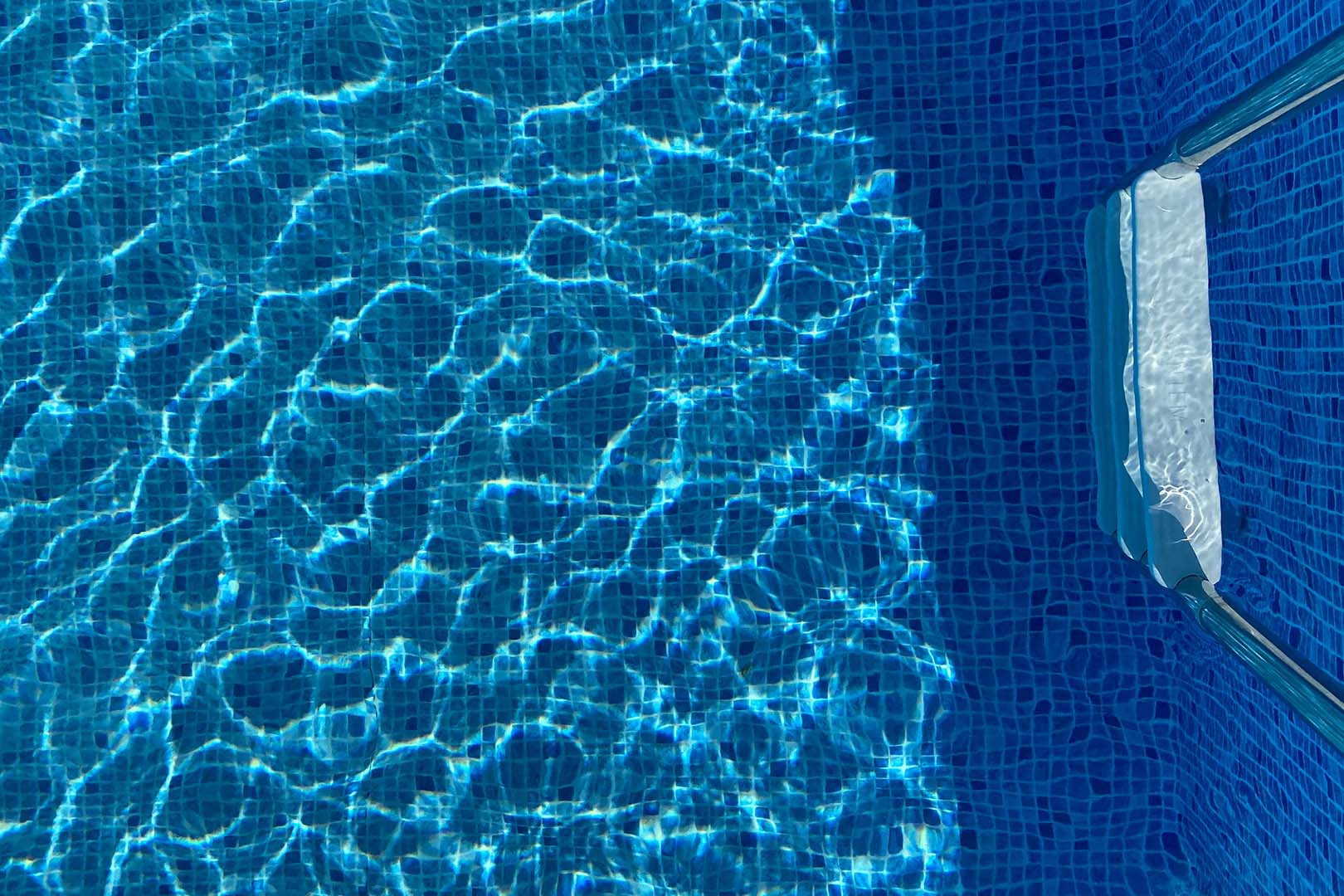
How to Do a Bucket Test for Pool Leaks: Step-by-Step Guide to Detect Water Loss
Have you noticed your pool water dropping whenever you go out for a swim? Are you unsure if it’s a leak or merely evaporation? Well,
Subscribe Now to Get AUD $15 Off Coupon
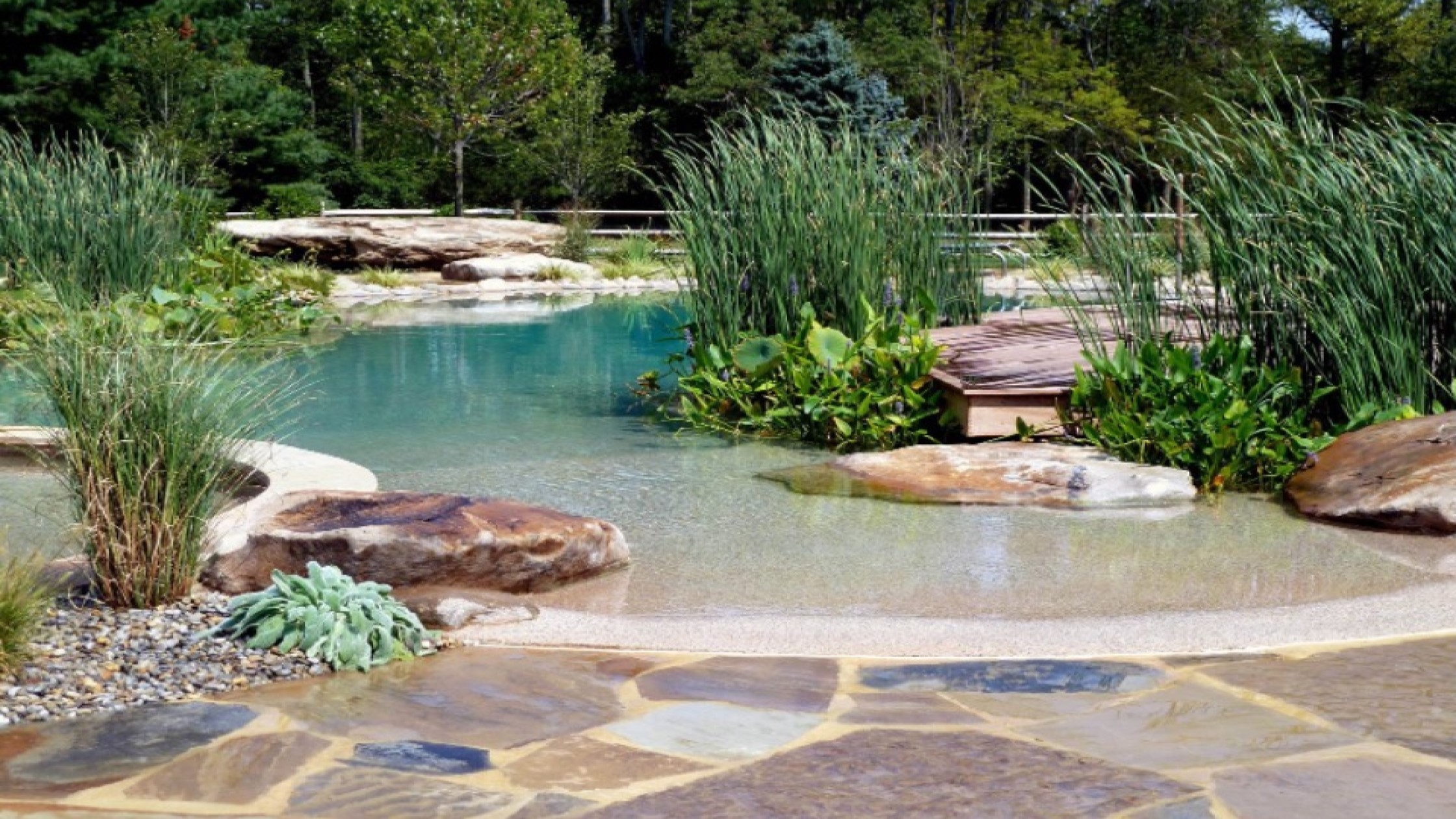
When I first heard the term “natural pool,” I automatically was attracted to the idea. In my dream home scenario, a natural pool with almost fantasy-like architecture is blended seamlessly together. Furthermore, the environmentalist side of me always wondered why natural pools weren’t a thing, or at least, something I had heard about being a trend – I chalk that up to marketing; it’s easier to sell a product than a concept.
So, what is a natural pool? If you’re a pool owner or seeking to be a pool owner, why get one, and what are the pros and cons? First, I want to make a disclaimer: I am not an expert on this subject, but it recently crossed my feed, and I’ve been deep-diving into the concept. It appeals to me, but is it right for me? Time will tell, but let me share the 101 of what I’ve learned so far.
Natural pools, if I were to compare them to something more familiar, function as sort of a manmade pond or lake in place of your traditional swimming pool. These pools have plants and planted areas either within the pool system or adjacent to the swimming water and act as a natural filtration system for your pool’s water.
The biggest drawback to natural pools that I found is that they tend to be harder to maintain, at least in America, and require a bit more research to determine if it’s right for you. How your natural pool is installed will depend a lot on what environment and geographical region you live in. Pool owners in the northeast report only being able to use their pool a few months out of the year, while owners in the southwest said they had to invest more into the filtration system because of the climate they were in. All-natural pools, in the absence of chemical additives we add to our regular pools, require sophisticated filtration systems and biological factors such as shade to promote the growth of good bacteria while preventing bad bacteria from growing. The flora acts as that filtration system, the same as we would find in nature, and keeps the water always in a state of motion to prevent it from becoming stale.
Maintenance is a big draw to a natural pool. They don’t require refilling or draining, and they simply have that feeling of getting back to nature. In fact, in many habitats, natural pools can attract some wildlife in my research, but all reports I found mentioned the wildlife moved on as your pool has no natural food source. For climates that do experience hard winters, they can be doubled as ice rinks if you’re not like me and can actually skate, and the idea of having your own frozen pond in winter feels like it comes with a certain charm to it.
These pools are environmentally friendly also, more so when you realize the money you save on draining and filling the pools. Finally, many reports mentioned that it’s great for the skin with natural or added minerals and the absence of chemicals.
The biggest barrier I discovered is that, most likely, you’ll need a professional to design and install your natural pool as they require a delicate balance and, if not properly built, will be completely ineffective.All in all, I’m very interested in pursuing this for myself. I’m not big on maintenance, and I love the connection back to nature and the environmentally friendly approach. I will 100% be learning more about this as I decide what to do on my next pool project.

Have you noticed your pool water dropping whenever you go out for a swim? Are you unsure if it’s a leak or merely evaporation? Well,
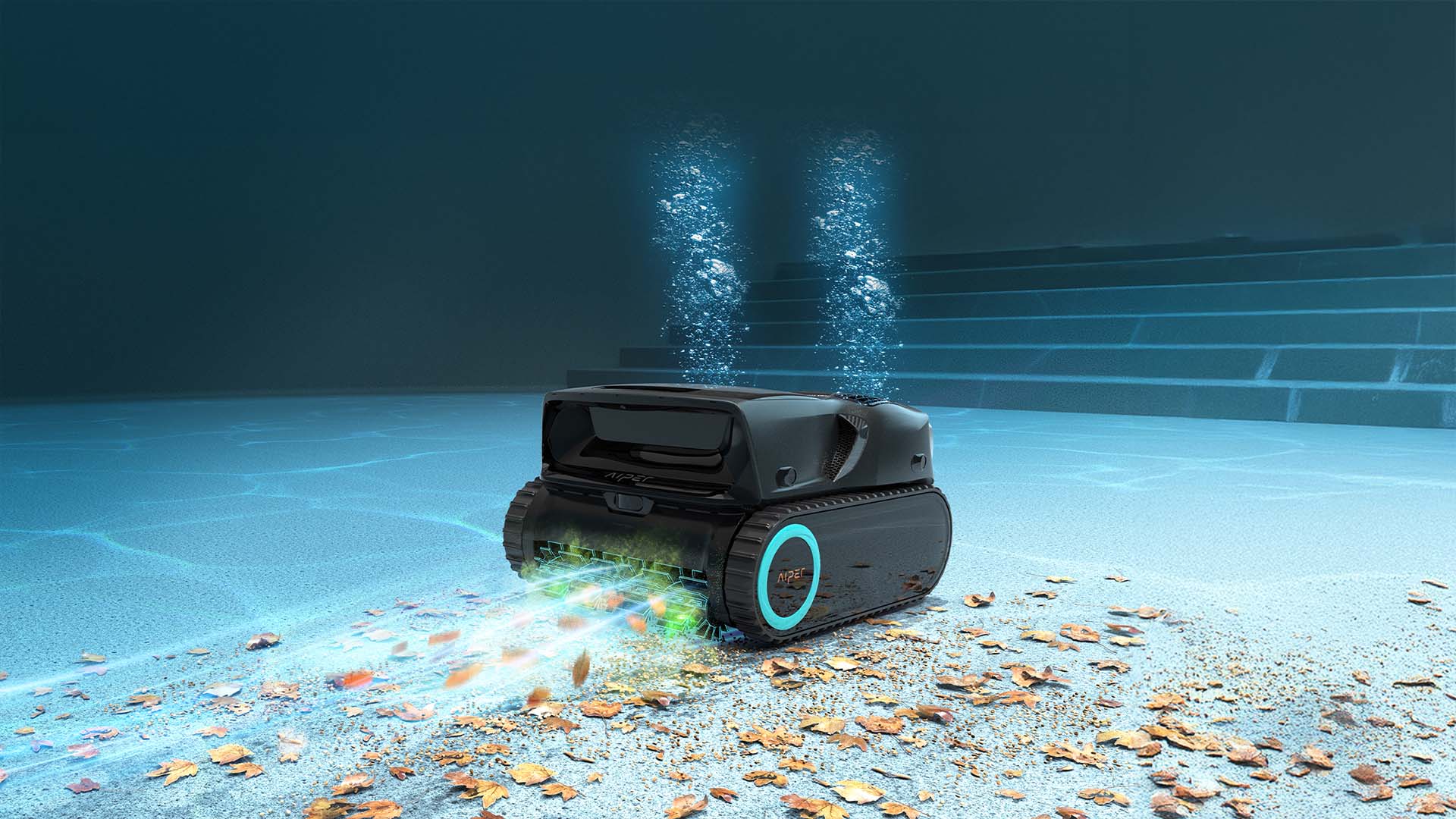
Are you tired of leaves littering up your pool every time you step out for a swim? The daily struggle of skimming leaves and cleaning
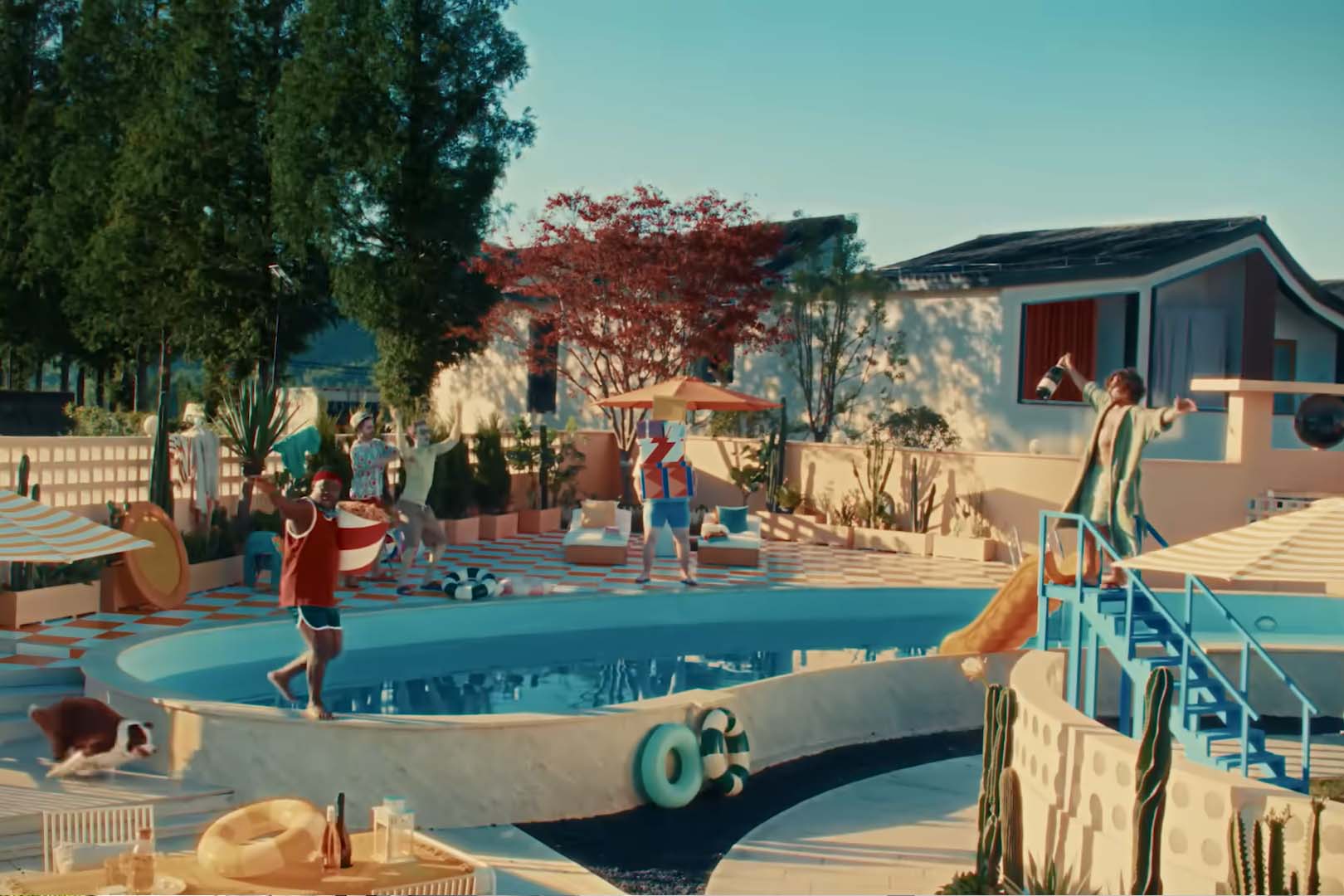
Imagine your pool buzzing with your friends having fun, laughter echoing around your backyard, and having the time of their lives. Want to make it
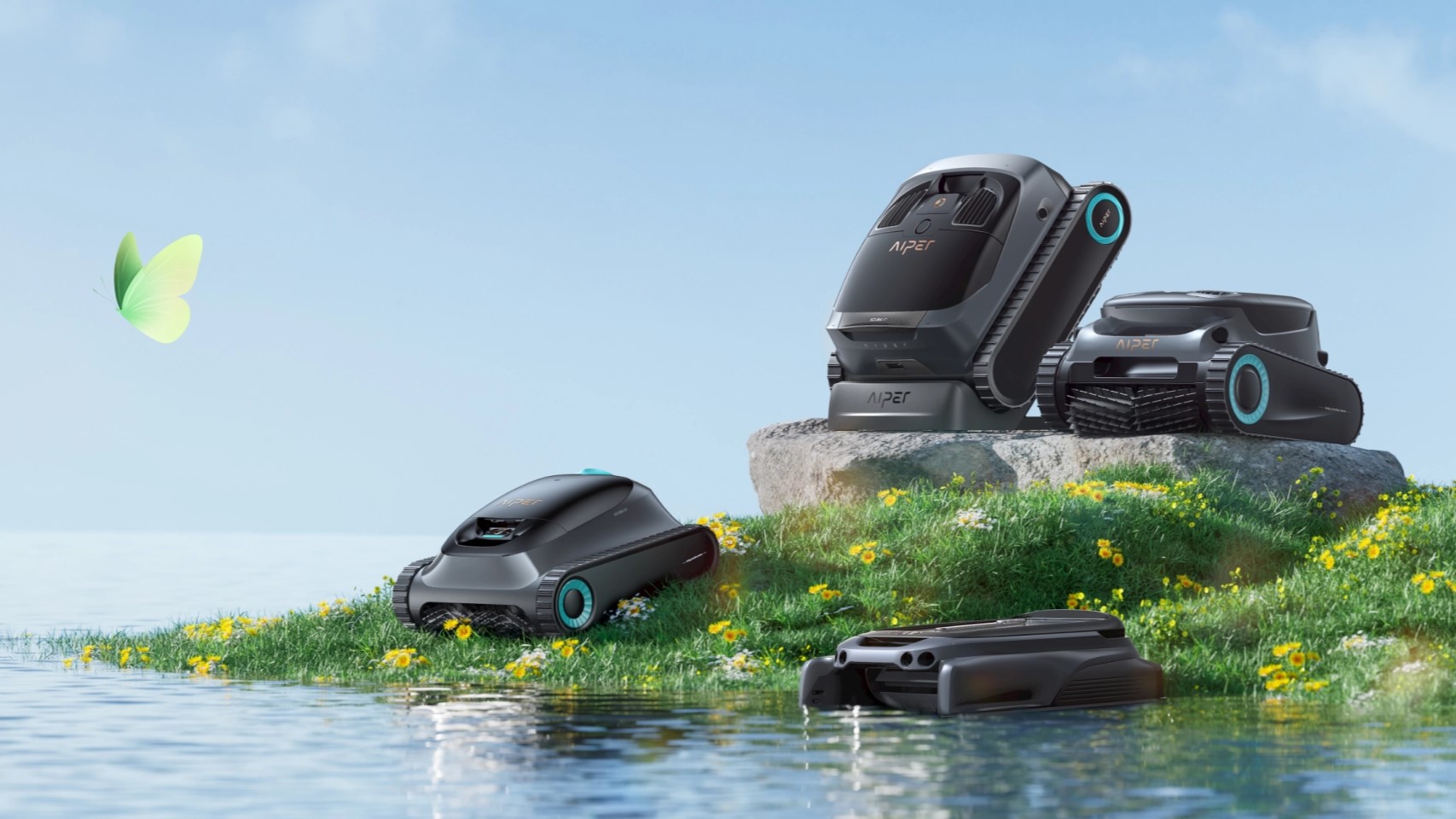
Spring is here, and it’s time to refresh your pool! Get that cover off and start cleaning your pool to enjoy upcoming fun-filled days. But

Imagine your pool surrounded by lush green trees, sparkling vividly and perfectly popping with beautiful landscaping, giving a natural vibe. Sounds relaxing, right? This blog
Aiper 2025. All Rights Reserved